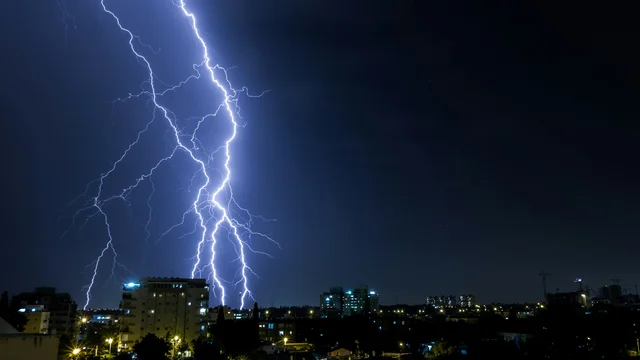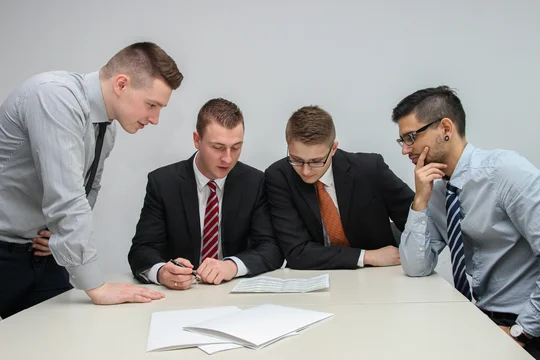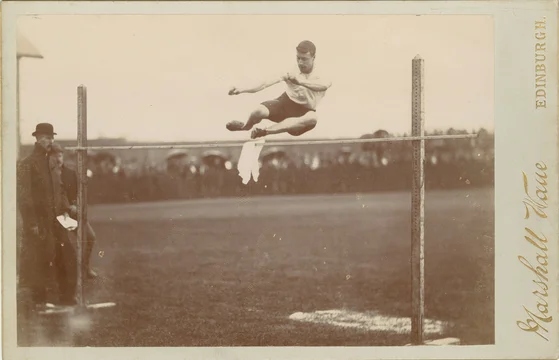In a recent order, Judge Stark ruled that evidence of willfulness would come in during the liability phase of a jury trial in which liability and damages are being tried separately. The ruling was one of several issued in the lead up to the June jury trial in Sunoco Partners Marketing & Terminals L.P. v. Powder Springs Logistics, LLC, C.A. No. 17-1390-LPS.
In his ruling, Judge Stark noted that "[t]he Court's interest in conservation of resources disfavors Defendants' request," because the parties would be presenting evidence about "their 20-year history, third-party licenses, and Defendant Magellan's patent," some of which would also relate to willfulness. He found that the exclusion of all willfulness evidence would undermine plaintiff's ability to tell important backstory:
In the circumstances presented here - including where the parties are (at least arguably) competitors and have a lengthy history with one another and/or their predecessors - it would be unfairly prejudicial to preclude Plaintiff from presenting its willfulness case in the first phase. So much evidence would have to be excluded from the first phase that juror comprehension might be undermined. . . . Any risk that Plaintiff will make too much of allegations that Defendants characterize as "thin yet inflammatory" . . . can be addressed through appropriate objections during trial.
The Court's decision to phase the issues in this case arose from the exclusion of the plaintiff's damages expert, and plaintiff's decision to call the defendants' expert adversely to support its damages claim. Given the possible confusion and prejudice, the decision to shield the jury from that procedural history during the liability phase makes sense.
In the same pretrial order, Judge stark declined to require the defendants' to narrow their "may call" list of witnesses or their deposition designations, noting as follows:
By Defendants' count, Plaintiff "has asserted fifteen claims across five patents against sixteen accused blending systems located at ten different facilities." . . . This case also involves allegations of damages, willful infringement, and invalidity. In these circumstances, the Court is not persuaded that Defendants have been unreasonable in their designations to this point or that Plaintiff is unfairly prejudiced in its trial preparations.
In addition, he indicated that the time limit for trial, with each side given no more than 17 hours to present its case, will naturally reduce the issues and testimony presented. He did instruct, however, that "[a]s trial approaches, both sides will be expected to narrow their cases and to keep one another reasonably informed of such reductions."
If you enjoyed this post, consider subscribing to receive free e-mail updates about new posts.





